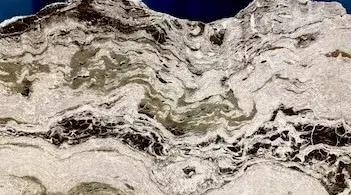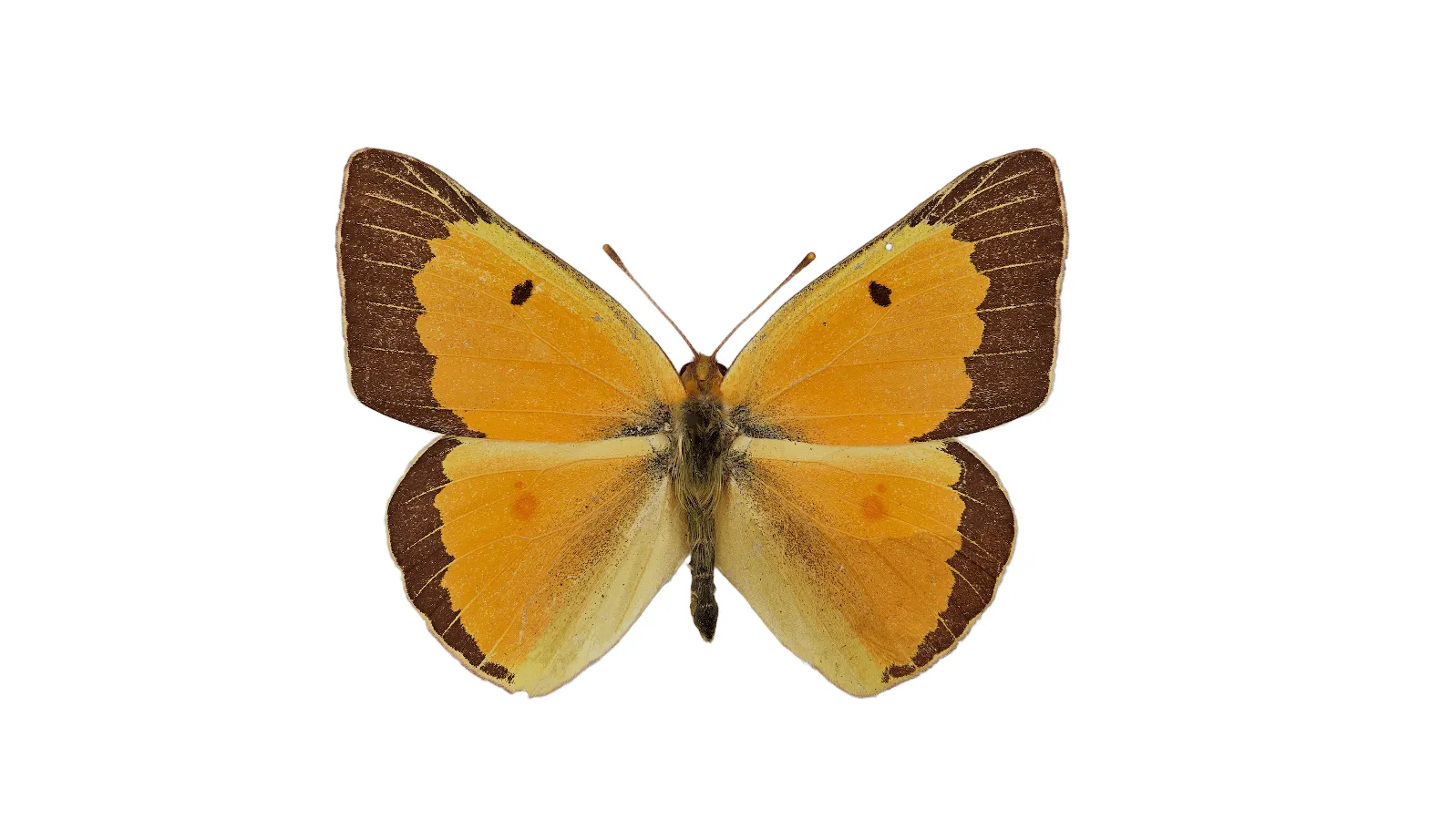Our collections hold specimens from around the world, while also serving as the official state archive of Vermont's flora and fauna. Scholars and students go to our collections to answer key questions about the diversity and origins of life on Earth.
Our vision is to promote understanding of the natural world and investment in sustaining it through research, curatorial work, and outreach. By bringing people into contact with natural diversity, the museum seeks to provide a broad audience with the understanding that the viability of human society depends on ensuring the future of natural systems.



